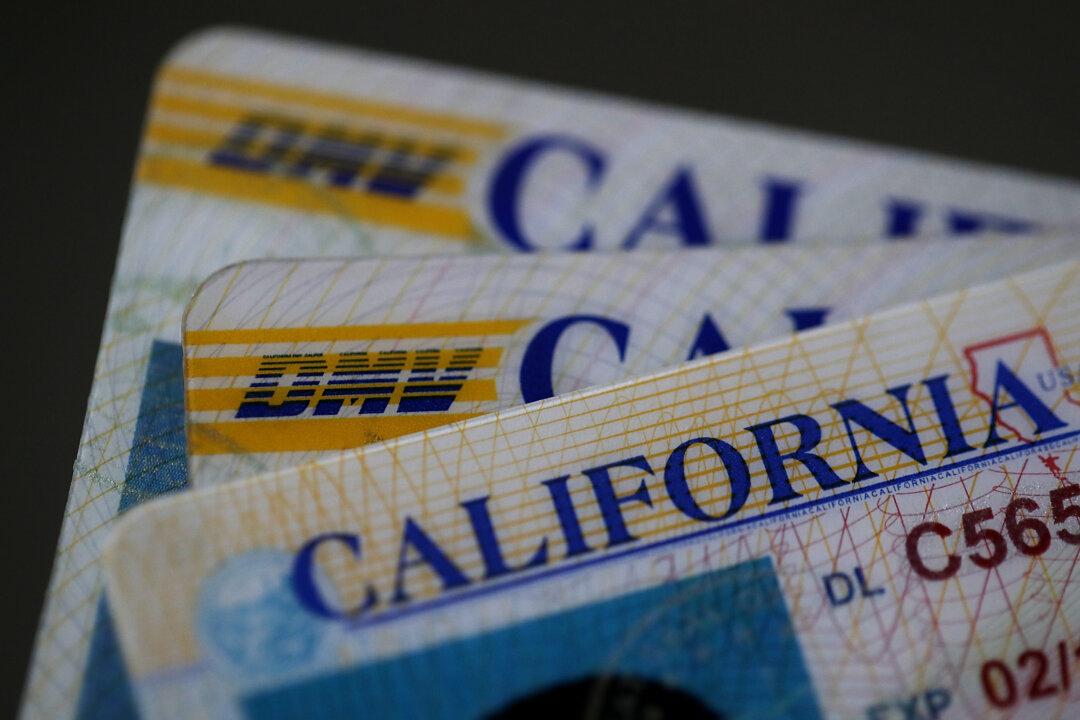Oregon’s Department of Motor Vehicles (DMV) system has been hacked, putting millions of people at risk for identity theft.
Oregon DMV confirmed Thursday that the agency was hacked two weeks ago.

Oregon’s Department of Motor Vehicles (DMV) system has been hacked, putting millions of people at risk for identity theft.
Oregon DMV confirmed Thursday that the agency was hacked two weeks ago.